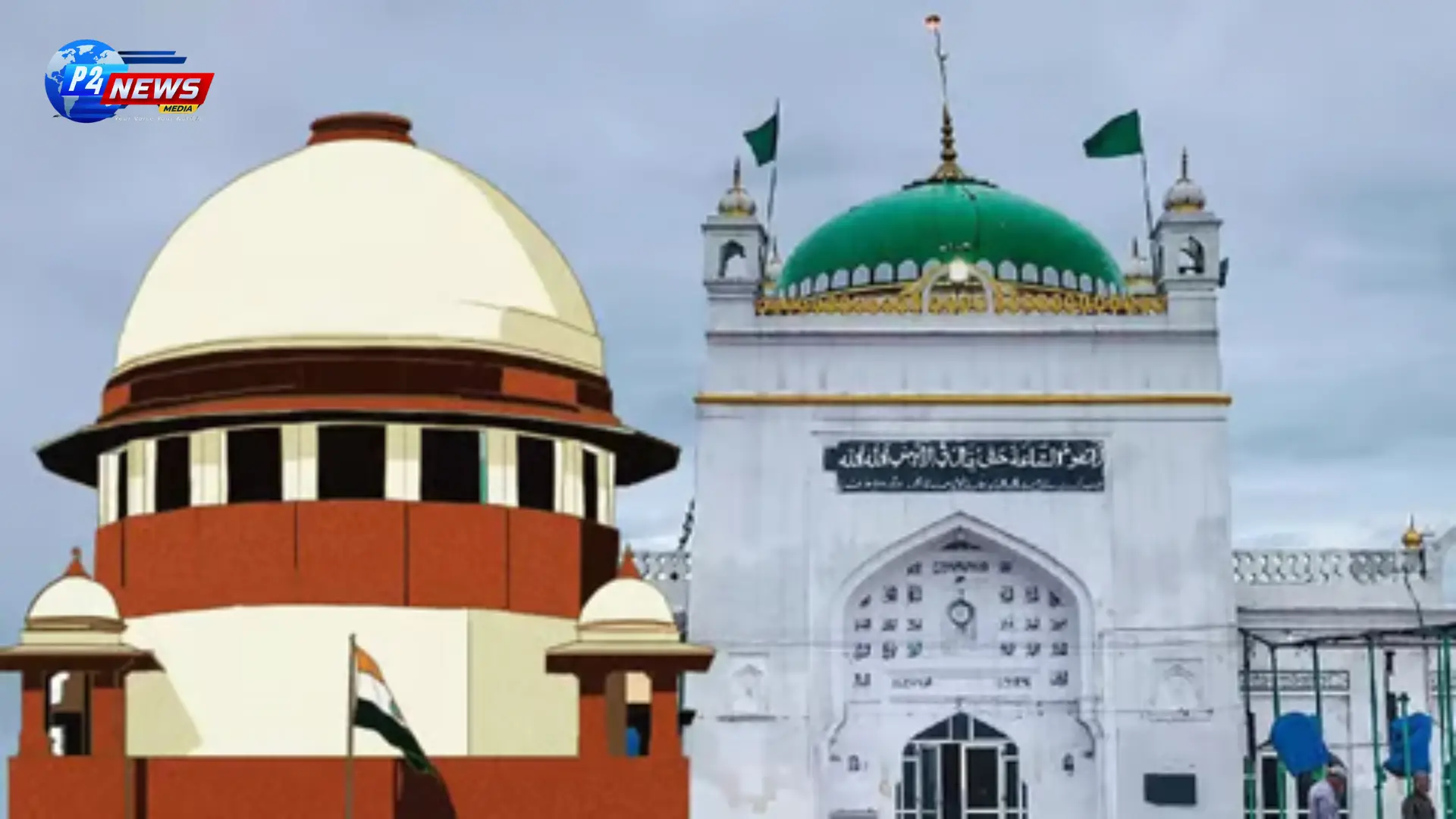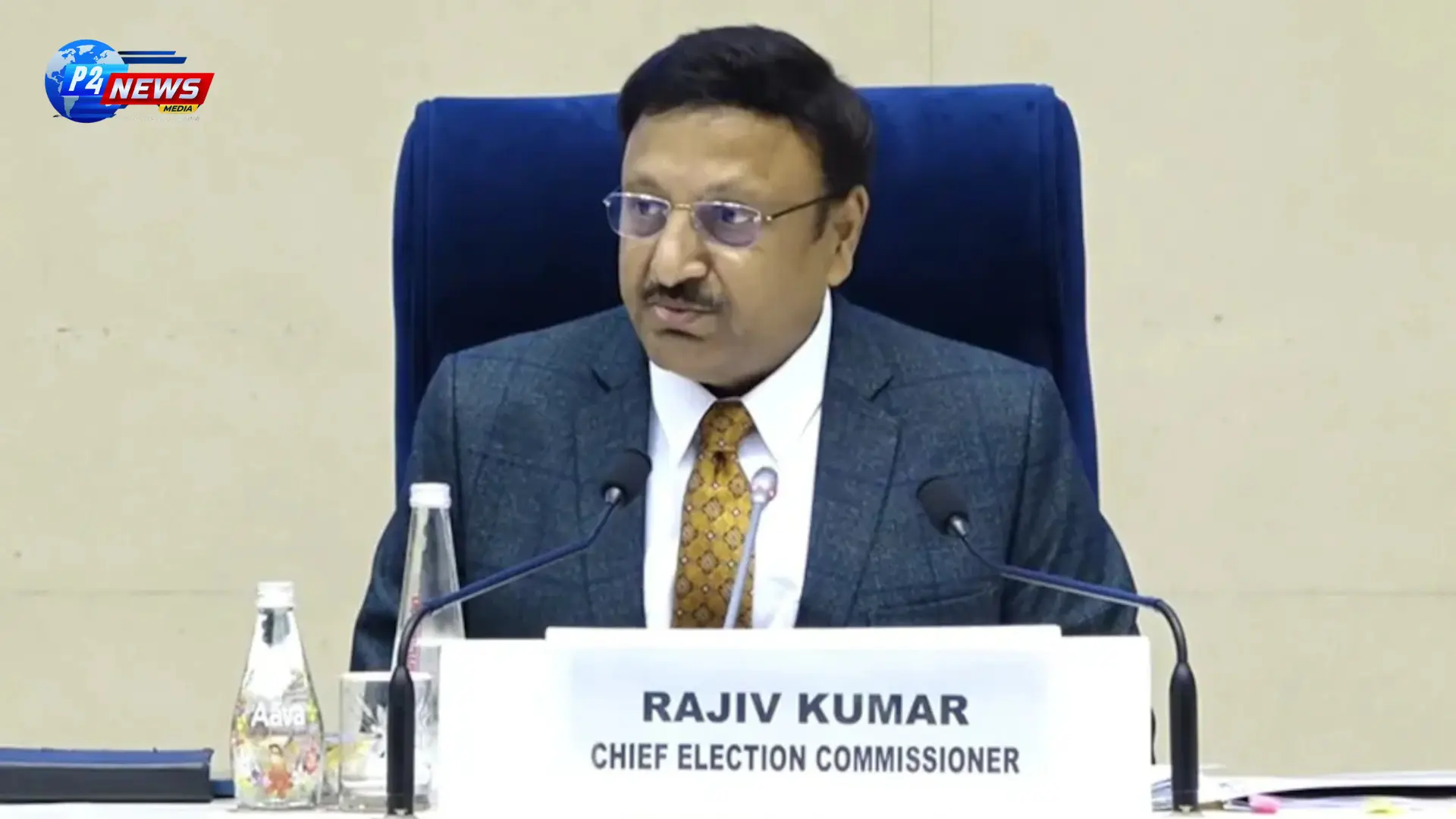A caveat has been filed in the Allahabad High Court by the Hindu representatives urging the court to refrain from making any decisions without consulting the Hindu respondent regarding any petitions from the Muslim side challenging the recent directives concerning the Shahi Jama Masjid survey. This legal request underscores the ongoing tensions surrounding the mosque's historical claims and the associated communal strife.
A caveat petition has been lodged before the Allahabad High Court by the Hindu faction requesting that the court refrains from issuing any orders without adjudicating the Hindu respondent's position in the event that the Muslim side files a counter-petition against the civil judge's order dated November 20. This order mandated the examination of the Mughal era Shahi Jama Masjid situated in Sambhal. The caveat was submitted by advocate Hari Shankar Jain, who had previously initiated legal action before the civil judge in Sambhal, contending that a Harihar temple was historically located at the site where the Shahi Jama Masjid currently stands.
In his lawsuit, Jain sought to have a court-ordered survey conducted on the Shahi Jama Masjid located in the Kot Garvi area of Sambhal. While addressing the lawsuit, the civil judge issued instructions for a survey of the mosque, which was to be executed by a legal commissioner.
However, tensions escalated on November 24, leading to violence in Sambhal district as a result of the survey being carried out by the appointed advocate commissioner under the local court's directives. The Muslim community, represented by the mosque management committee, subsequently approached the Supreme Court seeking a halt to the civil judge's order from November 20.
On November 30, the Supreme Court heard the special leave petition filed by the Muslim side and directed the mosque management committee to seek recourse in the Allahabad High Court concerning the trial court's ruling. The Supreme Court emphasized the importance of maintaining peace and harmony, instructing the Sambhal trial court to temporarily suspend the proceedings related to the mosque survey. Furthermore, it was made clear that any subsequent actions by the trial court would be guided by the High Court's directives.
In a related development, another public interest litigation (PIL) has been filed in the Allahabad High Court, calling for the registration of a First Information Report (FIR) against the district magistrate of Sambhal, the superintendent of police, and the officer in charge of the police station in connection with the fatalities of four individuals during the communal unrest that erupted on November 24. The PIL asserts that these deaths occurred due to police firing, and it contends that no FIR has been initiated against the implicated officers, urging the High Court to ensure appropriate legal action is taken.
The PIL was submitted by Mohd Yusuf, who serves as the secretary of the Hazrat Khwaja Garib Nawaz Association. He stresses the necessity for accountability and action against those responsible for the violence, adding to the legal challenges surrounding the mosque's survey and the underlying communal sensitivities.
This ongoing legal battle highlights the complex interplay of historical claims, religious sentiments, and legal jurisdiction in India, amidst a backdrop of rising tensions and the urgent need for peaceful resolution. As further developments unfold, the case remains a focal point for both communities and the legal system, reflecting the broader societal implications of such disputes.
















Comments 0